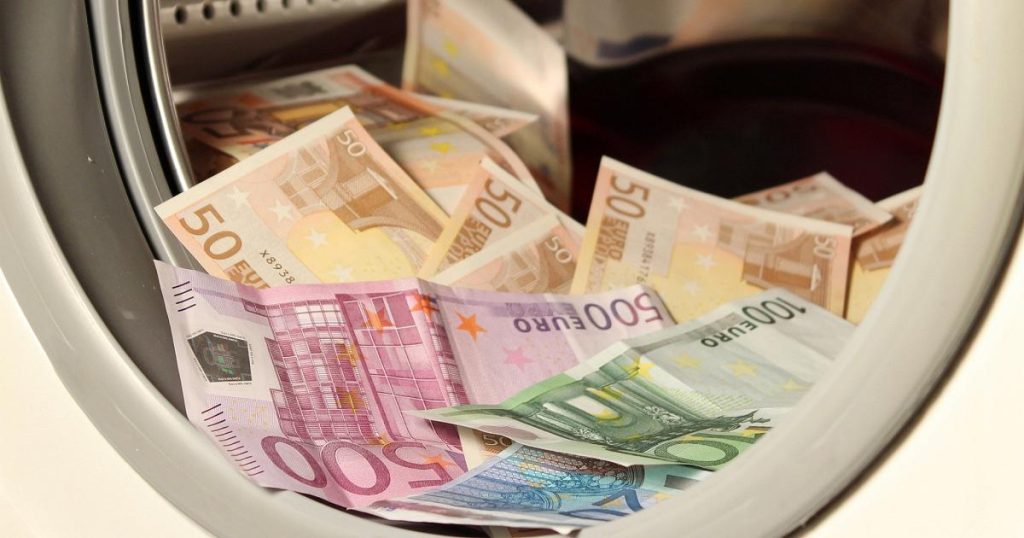The news of thirty-two Panamanian citizens being charged with corruption and money laundering, as revealed in the Panama Papers in 2016, has made headlines in newspapers. The defendants are facing charges for alleged crimes against the economic order, related to money laundering in the Panama Papers case. This scandal has shocked many and involved politicians from various countries. Taking inspiration from this case and other recent incidents of money laundering, Rainews.it sought the expertise of Professor Emanuele Fisicaro, a lecturer and President of the European Money Laundering and Compliance Studies Center, to explain the topic.
Money laundering has a distorting effect on competition and destabilizes the market. The distortion of competition occurs when illicit operators take advantage of their access to low-cost liquidity, nullifying business risks in their favor. Exploiting this position, criminal entrepreneurs can implement predatory pricing policies that drive healthy entrepreneurs out of the market. On the other hand, market destabilization leads to increased pollution of the economic and financial system, resulting in lower efficiency and unjust resource distribution. To address these issues, efforts should focus on preventing money laundering and promoting a culture of legality, with clear rules and transparent transactions.
Professor Fisicaro emphasizes the need to monitor the massive flow of funds, such as those from the PNNR, which could attract the attention of money laundering groups. This highlights the importance of implementing robust control measures to prevent illicit activities and promote a legal economy. The professor’s insights shed light on the challenges posed by money laundering and the significance of combating this phenomenon through proactive measures and promoting ethical business practices. By strengthening anti-money laundering regulations and fostering a culture of compliance, the risks associated with money laundering can be mitigated.
Money laundering poses serious threats to the integrity of financial systems and global economies, with implications for competition and market stability. The involvement of politicians and individuals from various countries in money laundering scandals, such as the Panama Papers case, underscores the urgent need for effective prevention strategies and enforcement mechanisms. Professor Fisicaro’s analysis highlights the harmful effects of money laundering on economic competitiveness and the equitable distribution of resources, underscoring the importance of promoting transparency and legal compliance in financial transactions.
In response to the challenges posed by money laundering, Professor Fisicaro recommends strengthening preventive measures and enhancing the culture of legality to combat illicit financial activities effectively. By focusing on establishing clear regulations, transparency in transactions, and robust monitoring mechanisms for funds, it is possible to prevent money laundering and promote ethical business practices. The professor’s insights offer valuable guidance on addressing the risks associated with money laundering and highlighting the critical role of regulatory compliance in safeguarding economic stability and fair competition.


